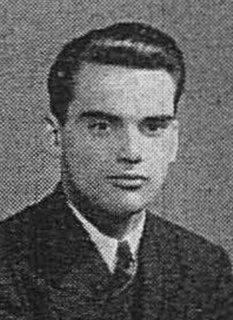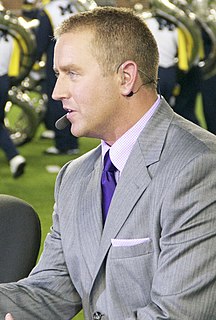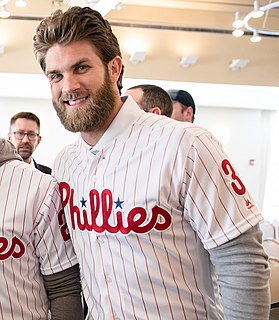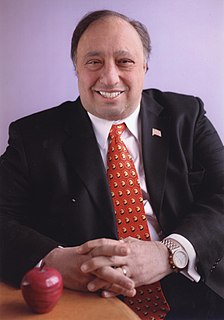A Quote by Steve Jobs
I've read something that Bill Gates said about six months ago. He said, ‘I worked really, really hard in my 20s.’ And I know what he means, because I worked really, really hard in my 20s too. Literally, you know, 7 days a week, a lot of hours every day. And it actually is a wonderful thing to do, because you can get a lot done. But you can't do it forever, and you don't want to do it forever, and you have to come up with ways of figuring out what the most important things are and working with other people even more.
Quote Topics
About
Actually
Because
Bill
Bill Gates
Come
Come Up
Day
Days
Done
Even
Every
Every Day
Figuring
Forever
Gates
Get
Hard
Hours
Important
Important Thing
Important Things
Know
Literally
Lot
Means
Months
More
Most
Most Important Thing
Other
Out
People
Read
Really
Said
Six
Six Months
Something
The Most Important
Thing
Things
Too
Up
Want
Ways
Week
Wonderful
Wonderful Thing
Worked
Working
Related Quotes
[Directing first film:] I was terrified, it was really very scary because there is a lot of responsibility. I think I was terrified because I wanted it to work so much. A lot of actors direct movies but I thought the stakes were kind of higher for me because I really, really cared. [...] I just worked as hard as I possibly could on every single thing, every single day. I said that if this failed it would not be because I didn't work as hard as I possibly could...every day.
Nothing comes easy. I know that people joke all the time and try to figure out, you know, what it is that I do, but I work really hard. I get up every day at 5 a.m. and start my day. I think as long as you work really hard and figure out what you want to do and stay motivated and have a plan and stay committed - just don't be lazy. That's my best advice. It's the most simple advice, but it really worked for me. I think that for some reason, I see people that think things will come easy and it doesn't really come easy.
I'm really excited that people are receiving my performance like this. It makes me feel good, because I've been working really hard. And this character [Idi Amin], I worked particularly hard on. But I don't want to get too caught up in it, because first of all, it could lead to a great disappointment. You never know what's going to happen.
And I said couldn't we be more moderate? And he said why? And I said because I care about the team. And he said, 'No Jony, you're just really vain. You just want people to like you. I'm surprised at you, because I thought you really held the work up as the most important and not how you are perceived by people.' People misunderstand Steve because he was so focused.
The problem for a lot of people is that they don't really know what they want. They have vague desire: to 'do something creative' or to earn more money or 'to be free', but they can't really pin down what it is precisely that they want.
So they drift from one thing to another, enjoying some moments and hating others, but never really finding fulfillment or success. (..)
This is why it's hard to lead a successful life (whatever that means to you) when you don't know what you want.
And then afterwards I worked in advertising for a year which taught me about writing even when you don't want to (laughter) because there's never a moment that you want to write about an Erickson cell phone but you have to. And that's really important you know obviously for the...like if you really want to write, you have to write every day no matter how you feel or you know. And then, yeah, and then I ended up working in TV and then from TV into movies and then directing, so.
My dad, he worked rebar, an ironworker. Watching my pops get up every single morning, going into work, working hard - I think that really made me want to work that hard, wanted to make me get up early and go for a run or get a lift in or get some extra hitting in and really try to better myself every day.
My average duration in a job is more like six months, because I've done crisis and turnaround stuff for two decades. I've been in a lot of companies and not-for-profits and institutions that were really on fire; in a lot of ways, the Senate is the least urgent, least serious institution I've ever worked in.
I spent most of my 20s playing music. I was in a band and we worked really hard and did not get very far. I was really close to being this guy who used to be in this band who is still playing and trying to get some recordings together, but I got really lucky. That's never lost in me, that I went through Saturday Night Live.



































